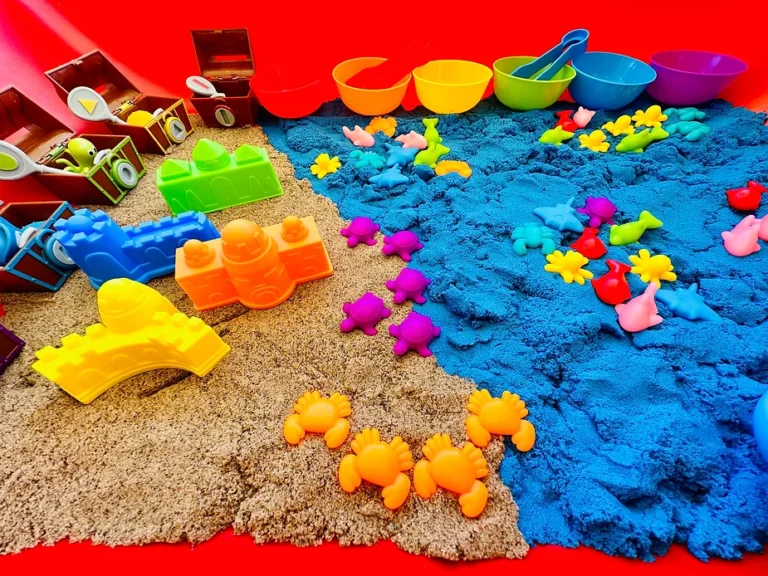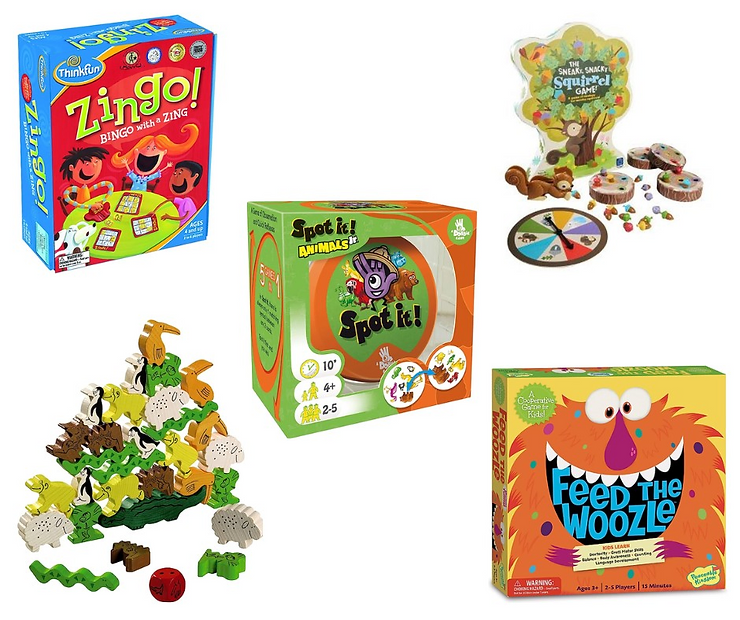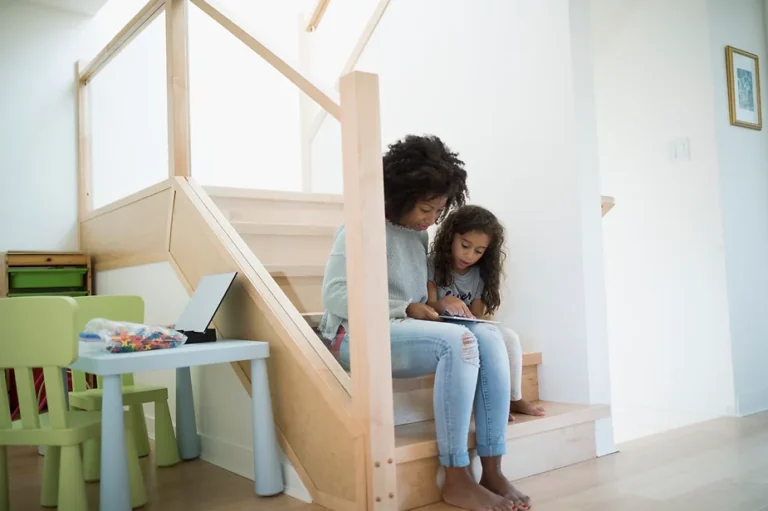How to Nurture Friendship with an Autistic Sibling

This post may contain affiliate links and I could earn a small commission at no cost to you. However, I will never recommend anything that I do not believe in or use myself. You can read more about my disclosure policy here.
In this post, we will delve into the advantages of having a strong friendship with an autistic sibling, and explore practical and effective ways to nurture and cultivate this bond during the early years of childhood.
As a parent, there is nothing I desire more than for my kids to have a close and loving friendship as they grow up. I want them to be each other’s confidants, playmates, and lifelong supporters.
I envision my children creating cherished memories together, supporting one another through life’s ups and downs, and forming an unbreakable bond that would last a lifetime.
Discover the numerous benefits that stem from fostering friendship with an autistic sibling. This journey of nurturing friendship with an autistic sibling is not just about building relationships; it’s about fostering a lifelong connection that can empower, enrich, and uplift both the autistic child and their neurotypical sibling.

Advantages Of Having Friendship with an Autistic Sibling
Building a strong bond between siblings, especially when one is an autistic child, offers a plethora of benefits that extend beyond childhood into adulthood. These close relationships can positively impact both the autistic child and their neurotypical sibling, enriching their lives in various ways.
1. Emotional Support and Understanding
A friendship with an autistic sibling provides emotional support and understanding that is essential for the development of an autistic child.
Neurotypical siblings often grow up with a heightened sense of empathy and compassion as they learn to understand and accommodate their autistic sibling’s unique needs and emotions.
This understanding can foster emotional resilience and teach valuable life skills such as patience, kindness, and acceptance.
2. Enhanced Communication Skills
Communication can be challenging for some autistic individuals. Having a friendship with a neurotypical sibling can serve as a communication bridge.
Neurotypical siblings often become skilled at interpreting their autistic sibling’s non-verbal cues, helping to facilitate effective communication. This not only strengthens their bond but also aids in the autistic child’s overall development.
3. Increased Socialization Opportunities
Siblings provide built-in companionship and socialization opportunities. For an autistic child, these interactions can be instrumental in developing social skills and learning about the give-and-take of relationships.
Neurotypical siblings can act as social guides, helping their autistic sibling navigate social situations and friendships, which can be particularly valuable in school and beyond.
4. Support for Parents
Building a strong bond between siblings can also lighten the load on parents. When siblings have a close relationship, they can often play together and support each other, allowing parents some respite.
This support system can be especially valuable during challenging times or when parents need a break.
5. Positive Role Modeling
Neurotypical siblings often become positive role models for their autistic counterparts. They demonstrate behaviors, communication skills, and social interactions, which the autistic child may mimic and learn from.
This modeling can be influential in shaping the autistic child’s development and encouraging their growth in various areas.
6. Long-Lasting Friendship
Sibling relationships often last a lifetime. A friendship developed in childhood can evolve into a lifelong friendship.
These lasting connections can provide emotional support and companionship for both siblings throughout their lives, offering comfort during challenging times and shared joy during moments of success and celebration.
7. Increased Tolerance and Acceptance
Growing up with an autistic sibling can instill a profound sense of tolerance and acceptance in neurotypical siblings. They learn to appreciate and respect differences in others, making them more open-minded and empathetic individuals in adulthood.
8. Promotion of Inclusivity
Siblings often become advocates for inclusivity and neurodiversity. Their firsthand experience with their autistic sibling’s challenges and strengths can lead to a greater understanding of diversity and a commitment to creating a more inclusive society.
Related: 10 Fun and Easy Home Activities for Family Bonding with Young Children

How To Nurture Friendship With an Autistic Sibling as Young Children
1. Education and Awareness
Educating both your neurotypical child and yourself about autism is the foundational step in creating an environment of understanding and acceptance. For your neurotypical child, this begins with age-appropriate explanations.
Use resources like children’s books about autism or videos that simplify the concept of autism, its traits, and how it might affect their sibling.
Encourage open communication by making it clear that questions and discussions about their sibling’s autism are welcomed. For parents, gaining a deep understanding of autism is crucial.
Consider consulting with professionals or joining support groups to stay informed about the latest developments in autism research and therapies. This knowledge equips you to better support both your autistic child and their neurotypical sibling.
Related: 10 Of The Best Children’s Books About Autism
2. Encourage Empathy and Acceptance
Empathy and acceptance form the foundation of a strong sibling bond in an autism affected family. Parents can foster empathy by modeling it in their interactions with the autistic child. This might involve explaining the unique challenges their sibling faces and showing patience and understanding when dealing with those challenges.
Encourage your neurotypical child to celebrate differences. Help them see that their sibling’s strengths and interests are equally valuable, even if they differ from their own. By promoting an environment of acceptance and understanding, you’re setting the stage for a strong and supportive sibling relationship.
3. Promote Shared Activities
Shared activities provide a platform for siblings to bond and create positive memories. When one sibling is autistic, it’s important to choose activities that cater to their sensory preferences and needs. Sensory-friendly activities like sensory bins, drawing, or exploring nature can be engaging for both children.
Additionally, fostering teamwork is essential. Encourage your children to collaborate on projects or games. This teaches them cooperation and problem-solving skills, reinforcing the idea that they are a team, facing life’s challenges together.
4. Establish Routine and Predictability
Autistic children often thrive in structured environments with routine and predictability. Incorporating this into your daily life benefits not only the autistic child but also their neurotypical sibling.
Visual schedules or charts can help your autistic child understand and anticipate daily routines, reducing anxiety and confusion. These schedules can also involve your neurotypical child, allowing them to participate in helping their sibling follow the routine.
Additionally, set aside dedicated “sibling time” in the schedule, where the focus is on fun and bonding. This helps create positive associations with their time together.
5. Address Sibling Jealousy
Jealousy and frustration can naturally arise in any sibling relationship, but it can be more complex when one sibling has autism. Acknowledge your neurotypical child’s feelings and let them know that it’s okay to feel this way sometimes.
Balance is key; ensure that both children receive individual quality time with you so that they feel valued and loved. Consider one-on-one activities with kids.
Teach conflict resolution skills and communication techniques to both children so that they can navigate disagreements and misunderstandings effectively. This empowers them to build a strong, respectful relationship.
6. Seek Professional Guidance
Sometimes, despite your best efforts, you may encounter challenges in fostering a friendship with an autistic sibling. Seeking professional guidance can be immensely helpful.
Family therapy or sibling support groups provide a safe space for your children to express their feelings and concerns, facilitated by trained therapists who can offer guidance and strategies.
Individual therapy for your neurotypical child can also be beneficial in addressing any specific issues or emotions related to their sibling’s autism.

Final Thoughts
Nurturing strong friendship with an autistic sibling requires patience, understanding, and effort from parents. By promoting education, empathy, shared activities, routine, and addressing any challenges that arise, you can help your children build a bond that will support them throughout their lives.
Remember that each child is unique, and what works best for your family may vary, but with love and dedication, you can create a supportive and loving sibling relationship.
Recommended
- 10 Of The Best Children’s Books About Autism
- Positive Affirmations For Autistic Children You Need To Know
- Building Strong Self-Esteem in Autistic Children: A Parent’s Guide
- 10 Best Games for Family Game Night with Young Children






